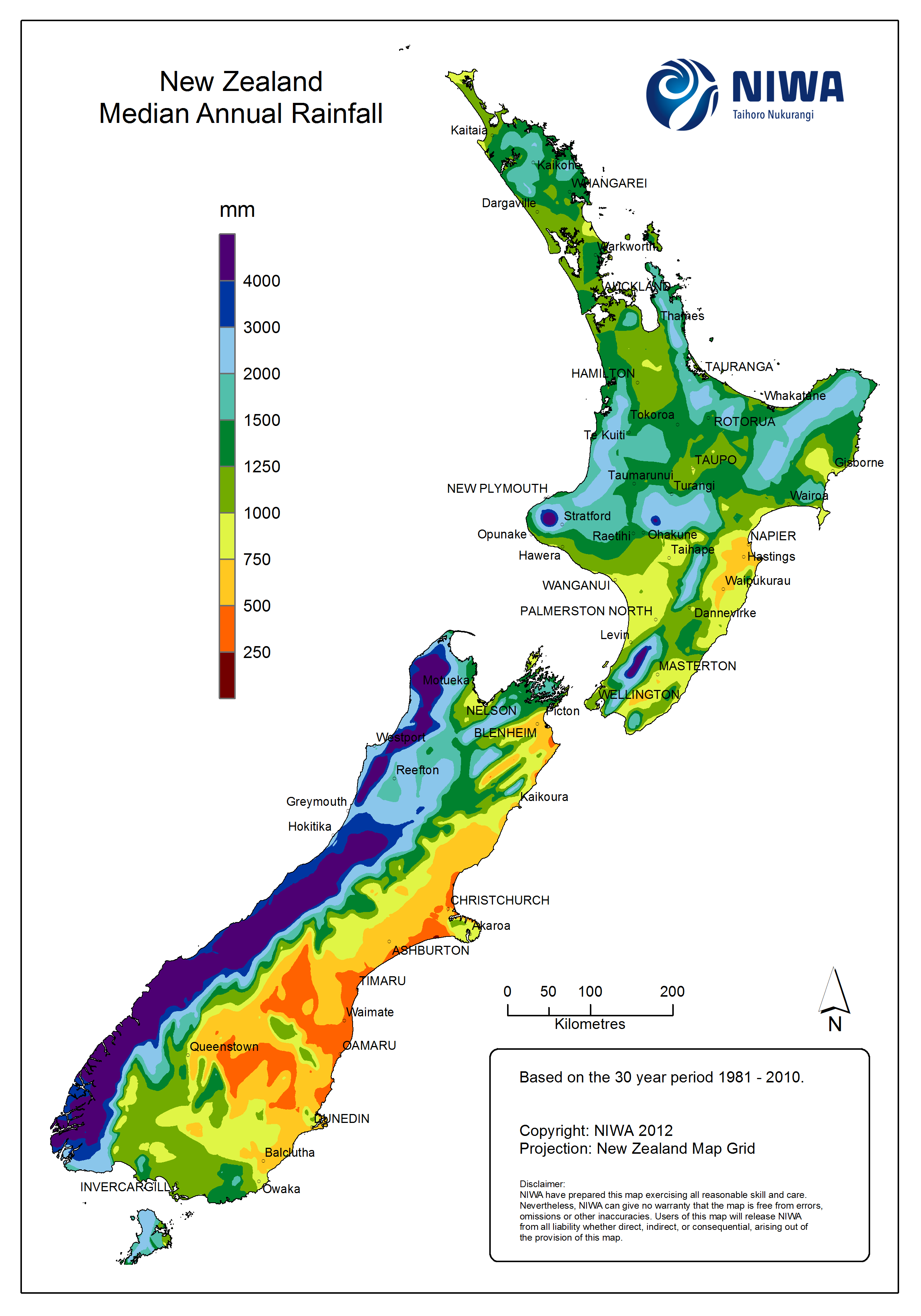What is the coldest month in New Zealand?

How cold does New Zealand get
New Zealand's climate varies wildly. The far north has subtropical weather during summer, while inland alpine areas of the South Island can be as cold as -10°C (14°F) in winter. However, most of the country lies close to the coast, which means mild temperatures year-round.
What is the most cold month in New Zealand
July
The coldest month is usually July and the warmest month is usually January or February. In New Zealand generally there are relatively small variations between summer and winter temperatures, although inland and to the east of the ranges the variation is greater (up to 14°C).
What month is hottest in New Zealand
The hottest months in New Zealand are January and February, and the coldest month of the year is July. The average temperature in New Zealand decreases as you travel south.
Does New Zealand have winter
Winter: June – August
The winter months bring snow to mountain peaks around the country, and clear, crisp days. In the North Island, you might encounter more rain, while the South Island is colder but drier.
Is New Zealand colder than England
The summers are generally warmer than the UK, but not significantly so, unless you are in the North. The winters are generally milder than the UK, unless you're in the southern half of the south island. In general, it rains as much, if not more, than in the UK.
Is New Zealand good in winter
Weather In New Zealand In Winter
Enjoying its close proximity to the coast, New Zealand in winter season is quite pleasant. The country experiences mild winters whereas the alpine region witnesses snowfall as well.
Why is New Zealand so cold in summer
Because New Zealand lies in the Southern Hemisphere, the average temperature decreases as you travel South. The far North of the country has an average temperature of about 15°C, while the deep south has a cooler 9°C average. January and February are the warmest months of the year, and July is the coldest.
How warm is New Zealand in winter
Winter temperatures are much milder in New Zealand compared to other areas of similar latitude, with the exception of the Central Otago and Mackenzie Basin regions mentioned above. Maxima are generally 10–15 °C (50–59 °F) in the North Island, decreasing as one goes further south or inland.
How cold is New Zealand in winter
These winter months bring cooler weather and rain. Temperatures typically range around 12 – 16°C (53 – 61°F). New Zealand has a rather temperate climate. The northern parts have subtropical weather while inland alpine areas of the South Island can be as cold as -10 C in winter.
Is New Zealand nice in winter
The country experiences mild winters whereas the alpine region witnesses snowfall as well. Winters is a great time to visit New Zealand for nature and adventure enthusiasts as the beauty of the place is enhanced by the snow-clad mountains and accompanied by numerous winter activities.
Is New Zealand too cold
Most regions of New Zealand belong to the temperate zone with a maritime climate (Köppen climate classification: Cfb) characterised by four distinct seasons. Winters are relatively mild and summers comparatively cool.
Is Australia colder than New Zealand
Australia is warmer than New Zealand, with a summer average of 30°C and winter average of 15°C. New Zealand, is a touch cooler, with a summer average around 20 to 25 degrees and a winter average around 12°.
Is New Zealand colder than Canada
New Zealand's climate is temperate, which means temperatures can change a lot between summer and winter. Our winters are mild compared to places like Canada, but it can still be colder here than you might expect!
Is New Zealand very hot in December
December in New Zealand is the summer season. This is among the warmest months in the country with the average temperature in New Zealand in December ranging between 20 and 30 degrees celsius. In fact for snow-lovers, there are regions of South Island to please you.
Is New Zealand mostly cold or hot
New Zealand has a largely temperate climate. While the far North has subtropical weather during summer, and inland alpine areas of the South Island can be as cold as – 10°C in winter, most of the country lies close to the coast, which means mild temperatures, moderate rainfall, and abundant sunshine.



